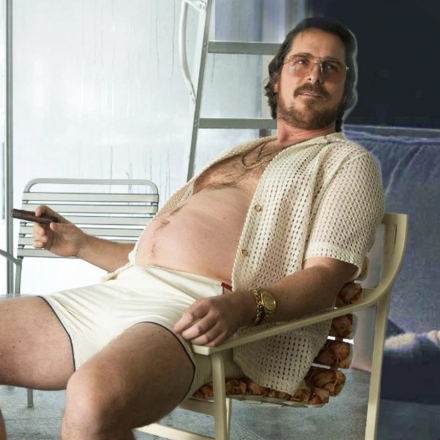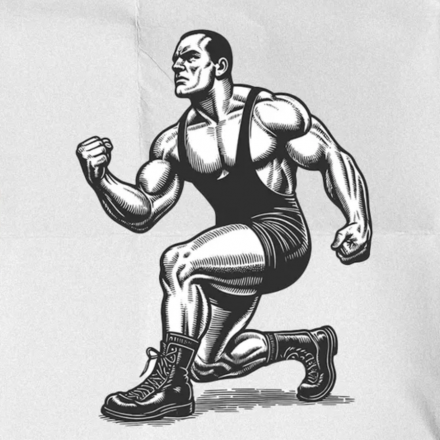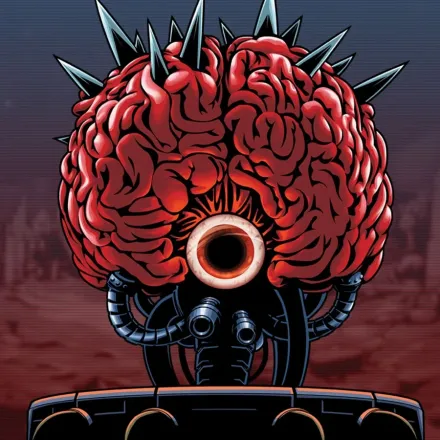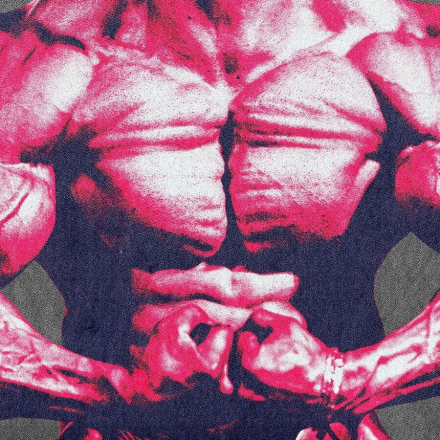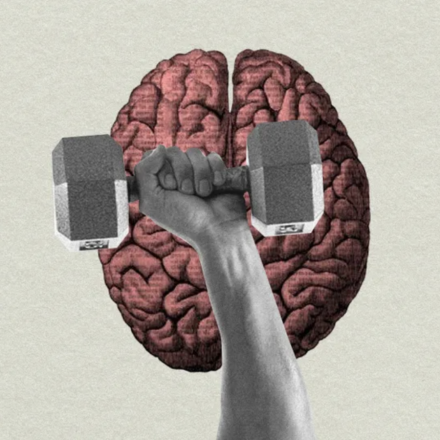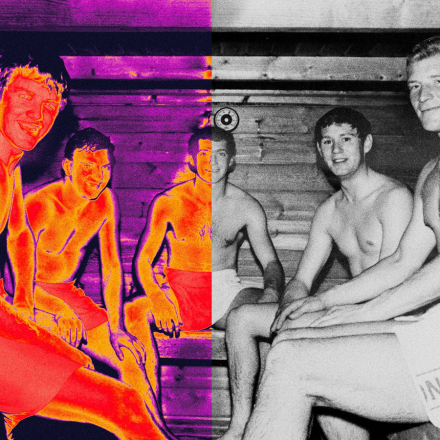When we hear the word “menopause,” most of us think of women going through hormonal changes later in life. But here’s the twist: men can go through something similar too. It’s just more subtle, more gradual — and often gets ignored.
Let’s break down what male menopause actually is, how to recognize it, and — most importantly — how to deal with it like a grown man.
What Is Male Menopause?
Doctors don’t actually call it “menopause.” The medical term is androgen deficiency or late-onset hypogonadism. It typically affects men over 40 or 50, and while it doesn’t hit like a hormonal tidal wave, it still packs a punch.
Some common symptoms include:
-
low libido
-
fatigue
-
depression or mood swings
-
erectile issues
-
trouble focusing
Unlike women, who experience a rapid drop in estrogen, men experience a slow decline in testosterone — about 1% per year after age 30 or 40. So the changes are often written off as “just aging.” But that doesn’t mean the impact is minor.
What makes it trickier is that doctors don’t always agree on whether this is a real medical condition. Sometimes the symptoms are more about lifestyle, stress, or mental burnout than hormones.
Signs You Might Be Going Through It
So how do you tell the difference between being tired from work and something deeper? Here are some red flags:
-
loss of sexual desire or drive
-
weaker or less frequent erections
-
increased sweating or sudden “hot” moments
-
weight gain — especially around the belly
-
less strength and stamina
-
emotional numbness, irritability, or anxiety
-
brain fog and memory issues
-
sleep problems — or just always feeling tired
And here's the kicker: these symptoms often creep in gradually, making them easy to dismiss.
What Triggers It?
For women, menopause is mostly biological. For men, it’s usually a mix of hormonal, psychological, and lifestyle factors:
-
poor diet
-
lack of exercise
-
stress and burnout
-
drinking or smoking
-
relationship problems
-
midlife crisis
-
existential dread (“What’s the point of it all?”)
It’s not uncommon for guys to hit 45 or 50 and start questioning everything — their career, their marriage, their purpose. That inner turmoil can show up in the body, the bedroom, and even the way you look in the mirror.
How It’s Different from Female Menopause
-
Speed: Women go through menopause in a year or two. Men can take years to feel the full effects.
-
Hormones: Women lose estrogen almost completely. Men’s testosterone declines slowly, and most still stay fertile well into their 70s.
-
Symptoms: Women get hot flashes and mood swings. Men get low libido, fatigue, and a nagging feeling that something’s off.
So, What Can You Do?
The first step? Acknowledge it’s real. Second? Don’t freak out. This isn’t the beginning of the end — it’s a chance to hit reset.
Here are a few practical ways to deal with it:
1. See a doctor (without the drama)
No, it doesn’t make you weak. No, you don’t need to “man up and push through.” A simple check-up can rule out bigger issues and help you figure out what’s really going on. You can start with your primary care doctor — they’ll guide you from there.
Don’t say, “I think I have male menopause.” Say:
“I’ve been feeling low energy and off balance. Can we run a few tests?”
2. Move your body — even just a little
You don’t need to become a gym rat. Just walk more, stretch, or do something active every day. Regular movement:
-
boosts testosterone
-
helps with mood
-
improves sleep and energy
It’s one of the most powerful anti-aging tools you already have.
3. Fix your food
You don’t need to go vegan or keto overnight. But small changes matter:
-
eat more vegetables and fruits
-
cut back on sugar and processed junk
-
drink more water, less booze
-
don’t eat heavy late at night
Fuel your body like it actually matters — because it does.
4. Drop the bad habits
Alcohol and nicotine are enemies of testosterone. They mess with your mood, your sleep, your energy — and your sex life. There’s no “safe amount” when it comes to long-term hormonal health.
Want to age strong? Consider cutting back — or cutting them out.
5. Get support — but on your terms
You don’t need to turn into an open book, but don’t isolate either. Talk to someone you trust. Let your partner in, if you have one. You’re not “less of a man” for needing support. You’re just human.
And if you’re the partner of someone going through this — be present, but not pushy. Encourage, don’t nag. Suggest, don’t pressure. Offer help, but don’t make it your job to fix them. Let them move at their own pace.
Male menopause is real — but manageable. Think of it not as a crisis, but as a checkpoint. A moment to reassess what matters, take better care of yourself, and build a stronger, healthier version of the man you already are.
Because getting older isn’t the end.
It’s just another level. And you’ve got what it takes to level up.




